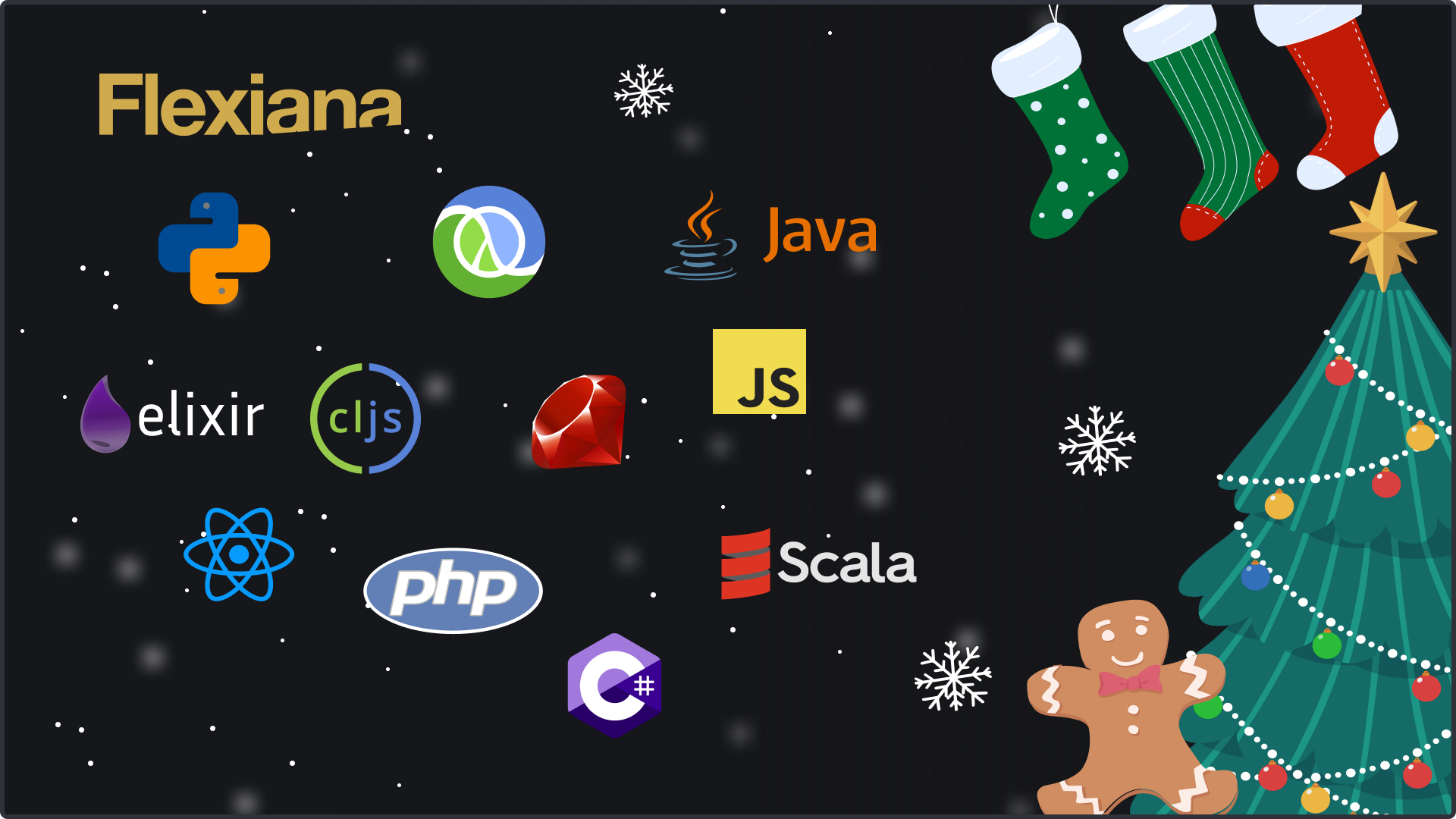It gives agile tools a lean scheme and use them especially in Software companies. This content is especially for those who just have started working and gaining experience with agile methodology.

Lean Principles
- Eliminate waste
- Amplify Learning
- Decide as Late as Possible
- Deliver as Fast as Possible
- Empower the Team
- Build Integrity in
- See the Whole
Tools to use to apply these principles
- Seeing Waste – question the value of everything while developing, if it adds no value, then it is a waste and should be limited or deleted
- Value Stream Mapping – measure the value-added time and waiting time and cut in half the biggest cause of delay
- Feedback – not only from the customer but also from the tools that are going to be used
- Iterations – to implement a coherent set of features that the development team choose from to deliver in a short timebox
- Synchronization – multiple teams, organizational structures and interfaces sync, interact and stabilize
- Set-Based Development – develop multiple choices, communicate constraints not solutions, and choose the best
- Options Thinking – a way to delay making decisions and a way to provide the same benefit for customers
- The Last Responsible Moment – the moment at which failing to make a decision eliminates an important alternative
- Making the Decision – making decisions by experts to quickly reduce the complexity of the problems
- Pull Systems – you set things up so workers can figure out for themselves what needs to be done, instead of telling them what to do
- Queuing Theory – measure the bottlenecks and variables affecting the process and optimize them
- Cost of Delay – If there is a cost-benefit or payback analysis the development team can understand the profit that can be made from features and make the right decision whether to include them.
- Self-Determination – let the team make decisions themselves and ask their manager to change the systems that prevent them from doing a good job
- Motivation – make the employees feel the belonging, safety, competency, and progress in the working environment and if needed they will voluntarily work overnight as well.
- Leadership – know the difference between managers and leaders, and make potential leaders, let’s call them master developers, manage the team and help in making decisions
- Expertise – to develop a community of expertise in technical as well as domain knowledge and make functional matrixed value-added leaders and let them work, mentors and identify standards
- Perceived Integrity – design integrity by master developers and what customers have in mind
- Conceptual Integrity – a system’s central concepts work together as a smooth, cohesive whole, let’s say a perfect architecture.
- Refactoring – remove duplication when you add some sets of related items when new features are requested by users
- Testing – test the entire environment before a change is released
- Measurements – The way to be sure that everything is measured is by aggregation, measure the group not an individual
- Contracts – know why you’re writing a contract and what type of contract would be a win-win for you.
| Principle | Tool |
|---|---|
| Eliminate Waste | Seeing Waste Value Stream Mapping |
| Amplify Learning | Feedback Iterations Synchronization Set-Based Development |
| Decide as Late as Possible | Options Thinking The Last Responsible Moment Making Decisions |
| Deliver as Fas as Possible | Pull Systems Queuing Theory Cost Of Delay |
| Empower the Team | Self-Determination Motivation Leadership Expertise |
| Build Integrity In | Perceived Integrity Conceptual Integrity Refactoring Testing |
| See the Whole | Measurements Contracts |
Bibliography:
Lean Software Development: An Agile Toolkit (Agile software development series), Mary Poppendieck, Tom Poppendieck, Thomas David Poppendieck, Addison-Wesley Professional, 2003
Downloads for Lean Development
You can also get an additional amount of interesting knowledge about this content. With our newsletter, you will get an efficient set of tools to learn a lot about topics focused on services & digital product building. Read more.









